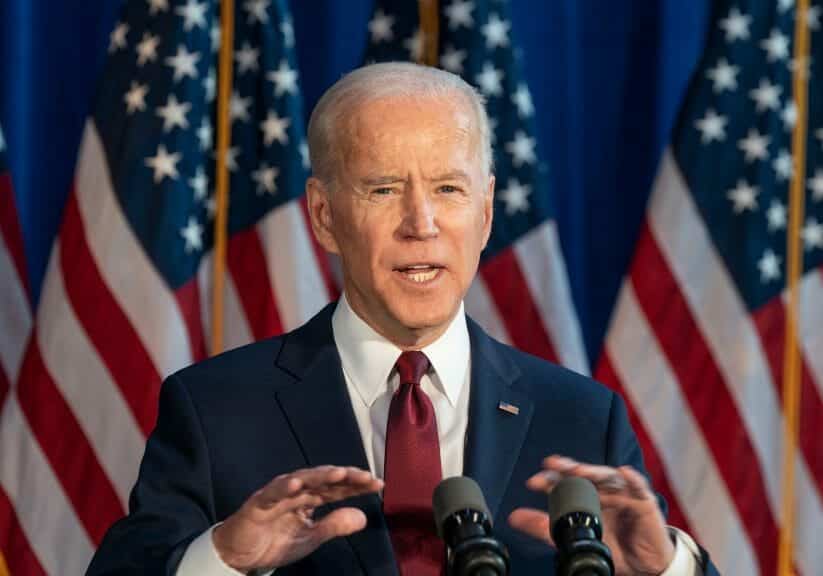The Biden Administration announced that it plans to take the outdated U.S. organ transplant system and modernize it for patients’ convenience, ultimately diminishing wait times and reducing the number of patients that die while waiting.
The outlined plan laid out by the Health Resources and Service Organization (HRSA) requests room in the 2024 Fiscal Year Budget to update the 40-year-old system. The funding will essentially double their intake to $67 million.
According to NBC, some other problems the Organ Procurement and Transplantation Network (OPTN) face is damaged and discarded organs within the system. The HSRA published statistics to support the need for modernization.
In the U.S., 104, 234 are currently on the waitlist for an organ, and 17 people die each day waiting for an organ. They also include successful statistics, a donor’s impact, and that over 42,000 transplants were performed in 2022 alone.
“This iterative plan will specifically focus on five key areas: technology; data transparency; governance; operations; and quality improvement and innovation,” said the HSRA in the official announcement.
President Biden is not the first administration to attempt to revamp the system. The Clinton Administration tried something similar 25 years ago, showing that this issue isn’t anything new.
According to NBC, lawmakers have had an issue with the original non-profit organization, United Network for Organ Sharing (UNOS), for a long time. UNOS is based in Richmond, VA, and has been managing organ transplants since the government began contracting them in 1986.
U.S. lawmakers have had an issue with UNOS due to their poor treatment of organs and the rate they discard them. This new plan takes the responsibility off of UNOS and reallocates it to other organizations.
A former president of UNOS, Dr. David Mulligan, told NBC that spreading the responsibility to other organizations could help things run more efficiently.
The government’s plan is also looking to eliminate discrimination within the system. There is a perceived idea in the U.S. that affluent white people get better access to care and organs than people of different backgrounds. With the new plan, they want to combat those discriminations by changing the system itself.
According to The New York Times, a report by the National Academies of Sciences, Engineering, and Medicine said that the organ distribution system is “demonstrably inaccurate” and highlighted how many organs are discarded. The study reported that one in five kidneys donated are not used.
Another study conducted by the Centers for Medicare and Medicaid Services reviewed the probability of health concerns based on race. The study reports that Black people are four times more likely, and Latinx people are 1.3 times for susceptible to kidney failure than white people.
This statistic is unacceptable regarding our healthcare system because even though U.S. healthcare is not accessible, everyone should be treated healthwise and have equal access to the same services. If this plan is successful and doesn’t fall through like the Clinton administration, it could save millions of Americans.














